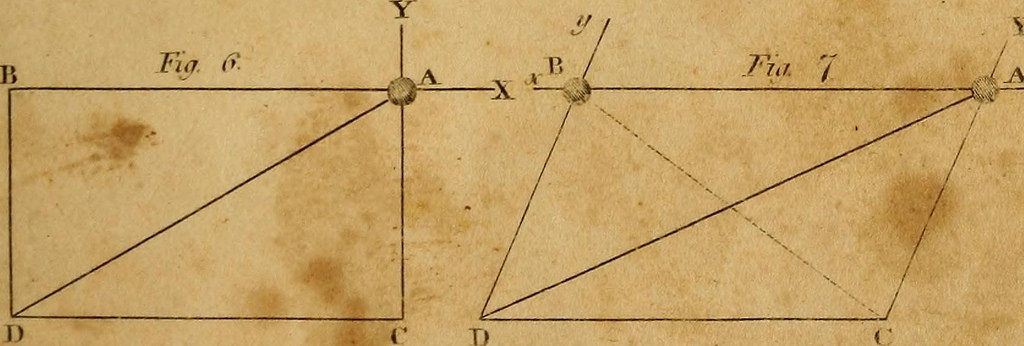Leo Strauss would want us to pursue the question of teleology in nature. Natural right depends on it.
Strauss, Science, & the Crisis of Liberalism

Responses to Glenn Ellmers and J. Eric Wise's argument for an invigorated political philosophy that addresses the looming problems of modern science.
At the root of political understanding and argument is the question of what human beings are and, therefore, how they ought to act. And the answers to those questions seem tied to our understanding of the rest of the natural world we inhabit. How we answer these questions as a community profoundly effects the practical realities of our political life.
In “Skepticism, Experience, and Science,” Glenn Ellmers and J. Eric Wise argue that modern science has sought “to bring the natural world, including mankind, under control by reducing all phenomena—including political phenomena—to their material components.” This led to the rejection of any reasonable or natural basis for morality, or how we ought to act. But it has ultimately led to stagnation and confusion in the sciences themselves, which currently face looming questions of great import for all of human society. Artificial intelligence pushes us to consider what thought actually is. Meanwhile, the notion of human equality upon which America was founded is quietly threatened by certain scientific understandings of human beings.
Ellmers and Wise claim that the skeptical political philosophy that Leo Strauss helped resuscitate in the last century is necessary in order to address the very real political and intellectual problems science has wrought. They say that “For Plato and Aristotle, Strauss emphasized, the ground of justice could be found in the order and ends of the whole or universe; but this ‘cosmic teleology’ had been upended by the success of modern science, according to which nature provides no information that can serve to advise politics.” On the other hand, no one disputes that modern science has given us deeper understanding into the operations of nature. While Strauss sought to address such open-ended questions, Ellmers and Wise claim his intellectual descendants have shied away from the experiential study of nature, and condemn them accordingly.
Ellmers and Wise have touched off a sustained series of responses in conversation with their essay. We feature them here.
The American Mind presents a range of perspectives. Views are writers’ own and do not necessarily represent those of The Claremont Institute.
The American Mind is a publication of the Claremont Institute, a non-profit 501(c)(3) organization, dedicated to restoring the principles of the American Founding to their rightful, preeminent authority in our national life. Interested in supporting our work? Gifts to the Claremont Institute are tax-deductible.
Ellmers and Wise’s skeptical philosophers will have to speak to the scientific academy in its own language. These are the questions that need answering.
Could it be that the “Aristotelian” teaching of teleology is exoteric?
Even in a time of unbounded technology, feel-good utilitarianism has its limits.
Across the scientific disciplines, today's problems arise from the same root cause.





